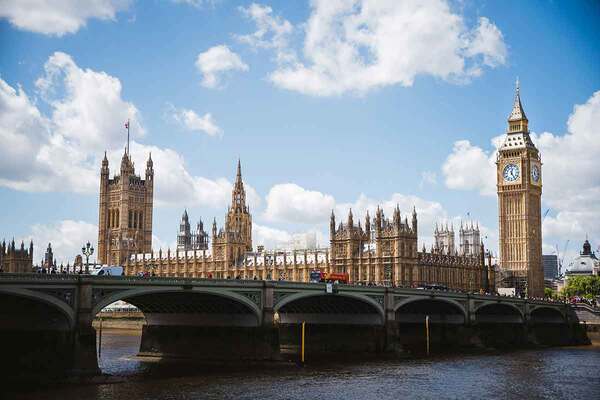Government issues new ‘mission-driven’ National Procurement Policy Statement
The government has published its updated National Procurement Policy Statement (NPPS), ahead of the Procurement Act 2023 coming into force in a little under a week.
The go-live date of the act was pushed back by four months last September to give Labour time to revise the strategic priorities for public procurement and come up with a “mission-driven” stance.
The new legislation will now come into force on Monday (24 February) and overhaul procurement in the UK. It promises greater transparency of procurement pipelines and suppliers.
The NPPS said the act was due to “deliver a step change in the transparency of public procurement”, as well as bring in a bigger focus on driving value for money by giving smaller suppliers fairer access to contracts.
Under the new rules, all procurement notices will have to be published on a public, central, digital platform, and supplier performance must be measured against key performance indicators for contracts over £5m.
The NPPS defines value for money as “optimising the use of public funds by balancing effectiveness, efficiency and economy over the lifecycle of a product, service or works”, taking into account wider socio-economic and environmental benefits and impacts.
“We will be reforming the way social value is taken into account in central-government procurement, streamlining the current model to focus on delivery of our missions,” Baroness Twycross, parliamentary under-secretary of state at the Department for Culture, Media and Sport, said in a statement.
The new NPPS explained the act will “shine a spotlight on framework providers who charge excessive fees”.
“A new online register of commercial agreements will increase visibility of frameworks and fees, curbing excessive profits,” Baroness Twyford said.
The new act also brings in a public debarment list of suppliers and contractors that are not allowed to win public contracts.
This will include all the companies found to have contributed to failings that caused the Grenfell Tower fire, the government previously announced.
The procurement review unit, created by the act, will have the power to investigate and add or remove suppliers to the list. Suppliers can ask to be removed by giving evidence that they have changed their policies.
Grounds for mandatory exclusion from public contracts include corporate manslaughter, fraud, competition law infringement or being a threat to national security.
Another key priority is making sure small and medium-sized enterprises (SMEs) and voluntary, community and social enterprises (VCSEs) receive a “fair chance at public contracts”.
All government departments and arm’s-length bodies will have to set three-year targets for direct spending with SMEs from 1 April 2025 and VCSEs from 1 April 2026, with progress published annually.
Spot checks will also be carried out to make sure smaller companies in the supply chain are paid within 30 days.
Baroness Twyford said these types of organisations had been “held back by government procurement processes that are too slow, bureaucratic and difficult to navigate”.
Guy Stapleford, head of consultancy services at Procurement for Housing, said a “trickle” of tenders would probably be put out under the new rules at first, which will only apply to procurement processes started on or after 24 February 2025.
“What I’ve been saying to my clients is, don’t expect the world to change on 24 February, because it’s going to take some time,” he said.
Frameworks might draw increased interest at first, but Mr Stapleford estimated that there could be an uptick in tenders coming through the central digital platform in mid-2025.
The NPPS emphasises that public procurement should support delivery of the government’s missions, including kick-starting economic growth and making the UK a “clean-energy superpower”.
Mr Stapleford asked: “That’s the nettle to grasp in a way for procurement – how do we now translate those top-level, strategic, organisational objectives down into the tenders and get the supply chain to support the reduction of crime and boost local economy?”
The government will carry out further consultations to help it reform public procurement, Baroness Twyford said.
This includes consulting on a new public-interest test for contracting authorities to assess “whether work should be outsourced or if it could be done more effectively, and drive better value for money, in-house”.
Sign up for our daily newsletter
Already have an account? Click here to manage your newsletters












